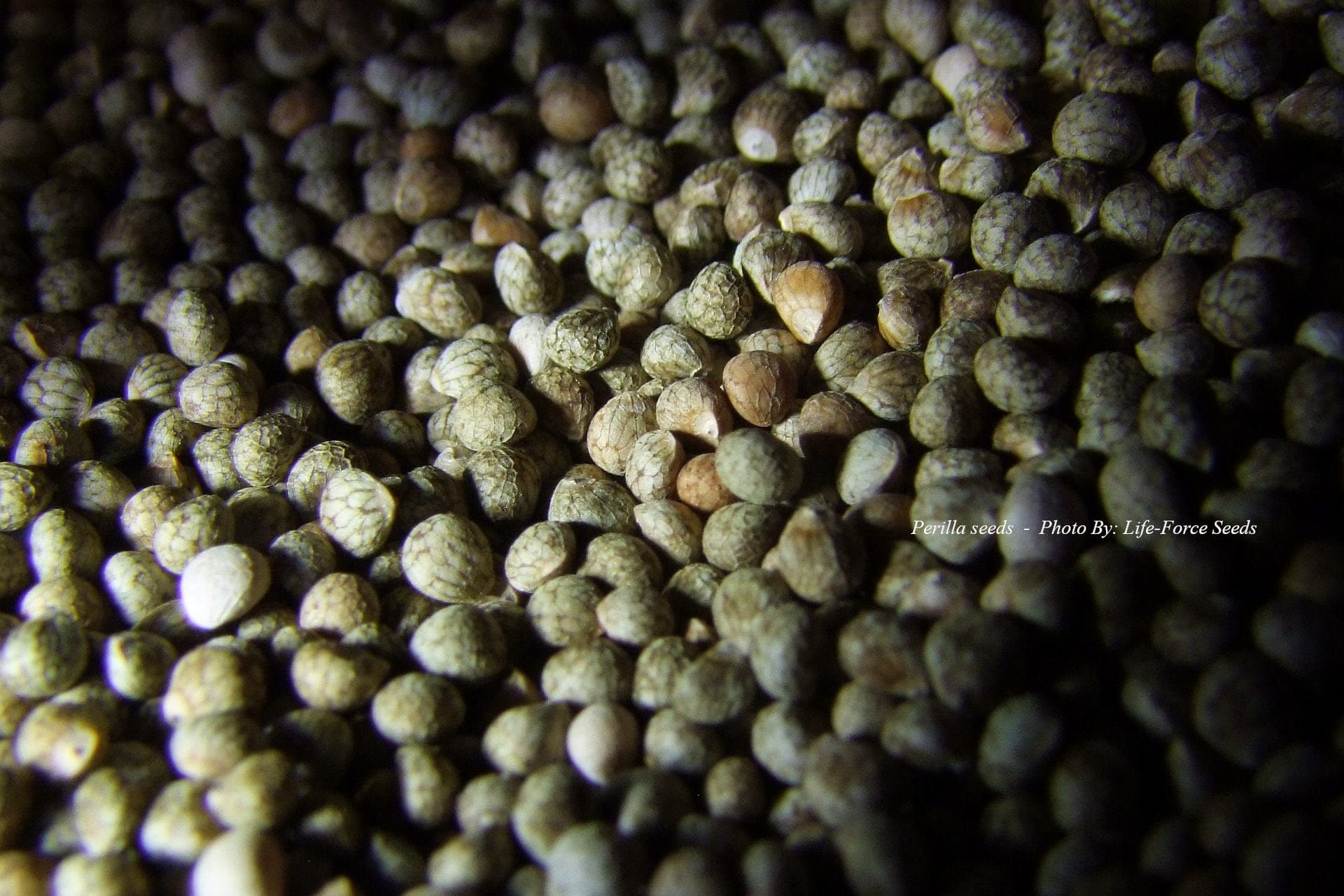
We often get asked, "Are any of your seeds GMO?" Answer is no, genetically modified seed as far as I know is only available commercially and is closely monitored. I would be surprised if anybody could find GMO seed on the domestic market.
What are hybrids? Hybridization happens naturally in nature all the time. For example, we’ve had a Butternut pumpkin cross with a Jap pumpkin, the Jap pumpkin fruit grew normally that season, however, the gene pool of the seed from that fruit was a mixture of the two. The seed that grew from the Jap was a funny looking pumpkin that is now a hybrid of the two, I called it a Japanut. There is nothing wrong with it except the gene pool is random and erratic for many generations thereafter, it takes a lot effort to stabilized new varieties with a desired quality. So, if you buy a hybrid it’s safe to eat, but you can’t save the seeds and expect the same as the parent. Hybrids are usually developed for certain commercial and production qualities, in most cases flavour and texture come second.
Heirlooms on the other hand, some where once hybrids, some developed over time in certain cultures and so over many generations of selective seed saving the gene pool is almost 100% stable with the desired qualities. Back in the day vegetables were grown for qualities such as flavour, texture, productivity, attractiveness and climate suitability, that’s why they taste and look amazing.

Open pollinated varieties you hear about are basically non-hybrids, when open-pollinated varieties are keeped from cross pollinating with other varieties of the same species the seed that sets will be “true to type” or the same as the parent.
Heirlooms are also open pollinated but are old varieties developed and passed down many generations, for example San Manzano and Roma Tomatoes, same bush type prolific Italian sauce tomatoes but grown in different regions and so developed slightly different characteristics. Open-Pollinated are newer varieties with a stable gene pool.

